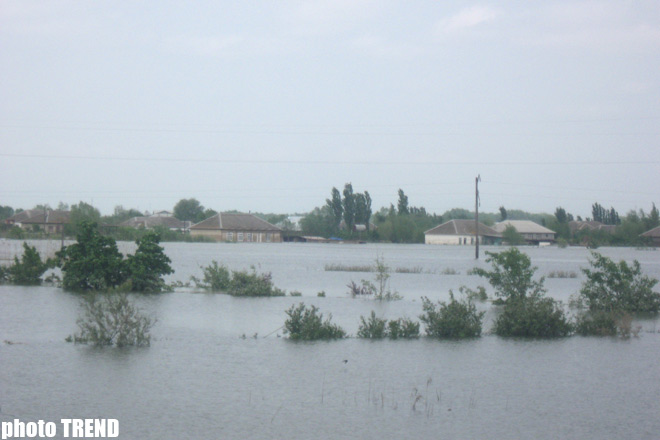Azerbaijan, Baku, Dec. 13 / Trend M.Aliyev /
Azerbaijan's Khilli Sturgeon Fish Hatchery released half a million sturgeon fry into the Caspian Sea this year, Director Zaur Salmanov told Trend today.
"The floods that occurred in the country this spring due to the increasing water level in the Kur and Araz rivers created serious obstacles preventing the plant from operating normally," he said. "The hatchery stopped collecting water from rivers for about two months as a result."
Salmanov said the plant's production capacity is 15 million fish a year according to the design documents.
The Ecology and Natural Resources Ministry was able to eliminate the negative consequences of the flooding at the plant.
"Thanks to the activities undertaken by the ministry's staff to address the effects of debris flows and floods, it is planned to increase the number of fry produced in the Caspian Sea in 2010," he said.
The hatchery in the Neftchala region was opened in 2003 and has since released 41 million sturgeon fry into the Caspian Sea.
The 15-hectare hatchery has a capacity of 15 million fingerlings a year. The water in which the fish are grown, with a weight from 150-200 grams to 10 kilograms, is collected from the Kur River via treatment plants. The sturgeon fish grown here include beluga (Huso huso), sevruga and blacknose (Acipenserida), spike (Acipenser nudiventris) and long-nosed sturgeon (Suruga).
He said an agreement to a moratorium on sturgeon fishing will allow for more effectively combating poaching and increasing the number of sturgeon in the sea.
At the third summit of the heads of Caspian states in Baku on Nov. 18, the presidents of the littoral countries noted that the Caspian Sea Water Bioresources Commission should discuss the issue of catching sturgeon within three months and reach an agreement on a five-year ban.






